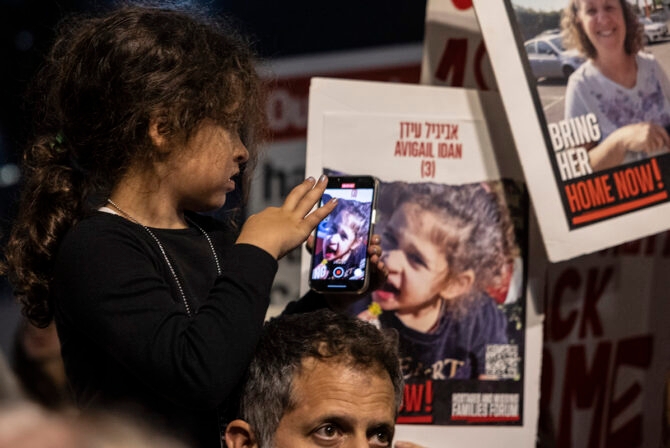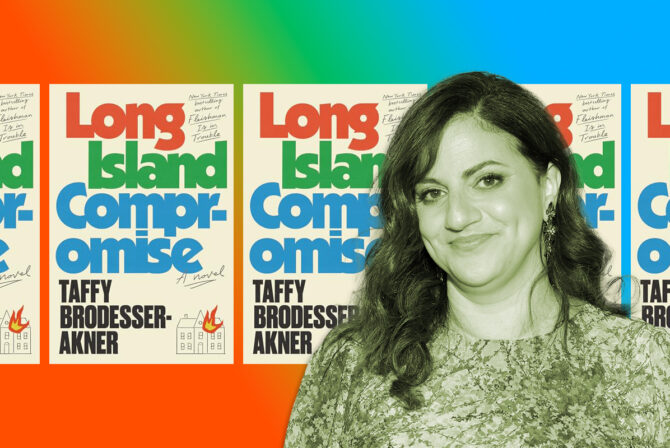Our son’s illness, when we finally became aware of it, was a magnitude 8 earthquake in our lives that came without any warning. It was a calm and beautiful day in July when I found him the first time he tried to end his life at age 21. The mechanics of saving him, calling 911, unlocking and opening the door for the rescue team, calling my husband, and following Jonathan’s ambulance to the hospital all happened on autopilot. The moments at the hospital crawled as I waited to hear whether my son would live and with what possible damage, and wondered in complete ignorance and fear what the next steps would be.
How could this possibly be happening? How was it possible that I, who had spent countless hours talking with Jonathan, didn’t realize the trouble he was in?
He made it through that episode alive and with minimal impairment to his body. Once out of the hospital he appeared to be the same Jonathan that he always was: kind, loving, caring, bright, engaging, witty. He begged us not to tell anyone what happened—not that he needed to. Of course we would keep this a secret, for so many reasons. We didn’t want to have our son labeled “crazy”; we didn’t want him to endure any comments or knowing glances from well-meaning people. We were private people who never revealed our innermost issues to anyone outside our family. And we certainly didn’t want our son to feel exposed.
Without realizing it, by keeping this secret, we validated Jonathan’s feeling of shame. Not only would he have to battle his illness, he would bear the burden of shame about it as well. From this point on, our family would have to present an outside face to the world that did not represent our inner reality. We didn’t comprehend the gargantuan weight we would assume with this decision. Would we have acted the same way had Jonathan been diagnosed with cancer, gastrointestinal illness, severe cardiac illness, or diabetes? Absolutely not. Ask me now and I will tell you that I wish I had shouted it from the rooftop, done anything, taken out an ad in The New York Times: “My son has a devastating mental illness. Can someone, anyone, offer me some advice to save his life?”
Five months later I found Jonathan again—this time too late. I knew the moment my eyes froze on him that his body was lifeless, but we nonetheless went through with the rescue attempt, hoping in vain that we could deny reality. Again, time raced and crawled, but this time, that space was filled with planning our son’s funeral.
In the midst of our turmoil and grief, my husband and I conferred—should we tell the truth about Jonathan’s death? Having lived with the pain of isolation for the past five months, we decided to be open about Jonathan’s having taken his own life. This way, our friends could comfort us appropriately, and more importantly, we would no longer have to bear the burden of living with a lie. It was the right decision for us.
Since then, I have been contacted by people from all over. Either their children are struggling with mental illness, or they are new in their grief for a child who has taken his or her own life. Sometimes they are seeking advice and guidance. More often, they want to share their thoughts with someone who they know can understand. Many had been secretive about the cause of their own loved one’s death. They told me that living with the truth hidden away had exacted a terrible toll on them, and they wished that they could turn the clock back.
It now occurs to me that there can be another equally vital benefit to sharing the truth about this kind of loss: Perhaps this openness would eventually be able to conquer the entire stigma of mental illness in the first place.
My son suffered the equivalent of advanced cancer—just as some cancers are incurable, so too was his illness. It was a chronic disease that would never leave him, just like diabetes, heart disease, arthritis, or multiple sclerosis. Had he lived, it would have had to be monitored and managed forever. There were no MRIs, CT scans, echocardiograms, X-rays, blood tests, or PET scans to diagnose. There were no objective treatment regimens or research protocols to test on him. Medicine failed him because mental illness doesn’t get the same respect as other physical illnesses, even as mental illness is just as legitimate a disease. Finally, because his illness was not obvious and kept a secret, our family received no extra kindness—even though we all could have benefited from it.
My husband and I are not unsophisticated people, but at the time when it was critical for us to be our son’s advocates, we were shell-shocked and ignorant. While I try not to play the “should have” game, I think it is instructive to play out the scenario that might have taken place had we been open about Jonathan’s illness and suicide attempt. Perhaps a knowledgeable person, someone with experience in this area, would have contacted us to give us advice and guidance. Just maybe, as a result, we would have obtained a more accurate diagnosis or more effective treatment. There is no guarantee that the outcome would have been any different; still, I believe that with additional knowledge the chance for a better outcome increases.
Jonathan may have been upset with this, but he might also have felt unburdened and able to speak openly with his friends about his illness. Perhaps a peer with a similar illness might have contacted him to let him know that he was not alone in his struggle. This would have helped Jonathan avoid the pain of isolation. He would have felt supported, and I am certain that this alone would have helped him.
It is unfortunate that even now, as I continue to be contacted by parents whose children are struggling with mental illness, they ask me to keep their secret. Of course, I understand their concerns and honor their request. But I wish things were different, because it is surely time for us all to be open about mental illness.
Notwithstanding the opportunity to reach for a better outcome, there was no need for Jonathan, or for us, his parents, to live in shame, and certainly no benefit in living with the weight of such a lie. Those months we spent pretending things were fine were exhausting and excruciating. We learned that lesson only after Jonathan died, and that has made an enormous difference in our ability to continue living meaningful lives.
It is my hope that by sharing these innermost thoughts about this very painful event in my life, I will help others to be open about mental illness. It requires courage, but it is ultimately healing.
An original version of this essay first appeared in The Jewish Week of New York.
Read More:
I Feel Anxious About Wanting a Second Child Because of This
After My Miscarriage, This Is How the Mikveh Helped Me Heal
This Is What Going to Therapy Made Me Realize







